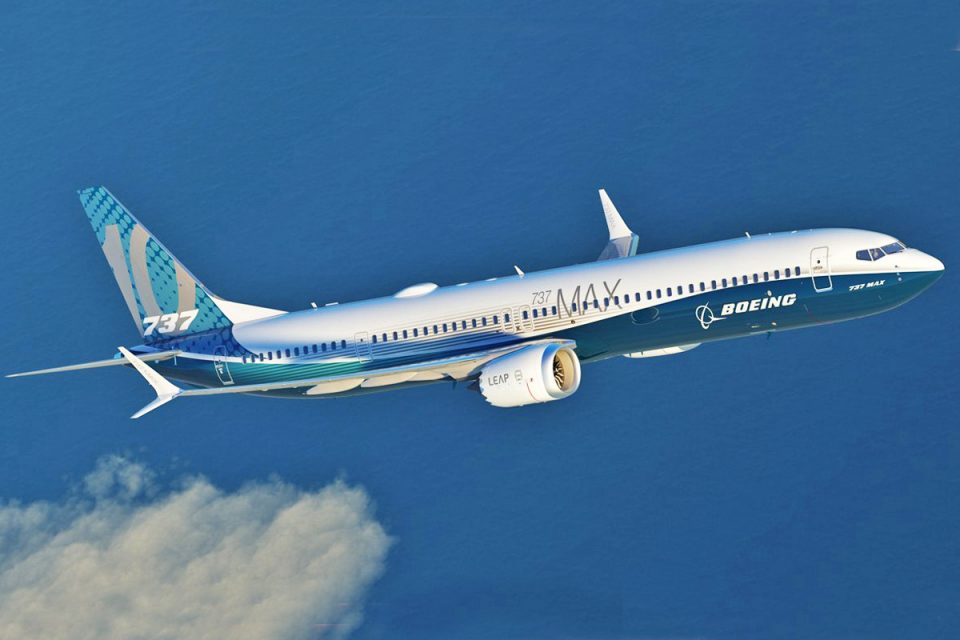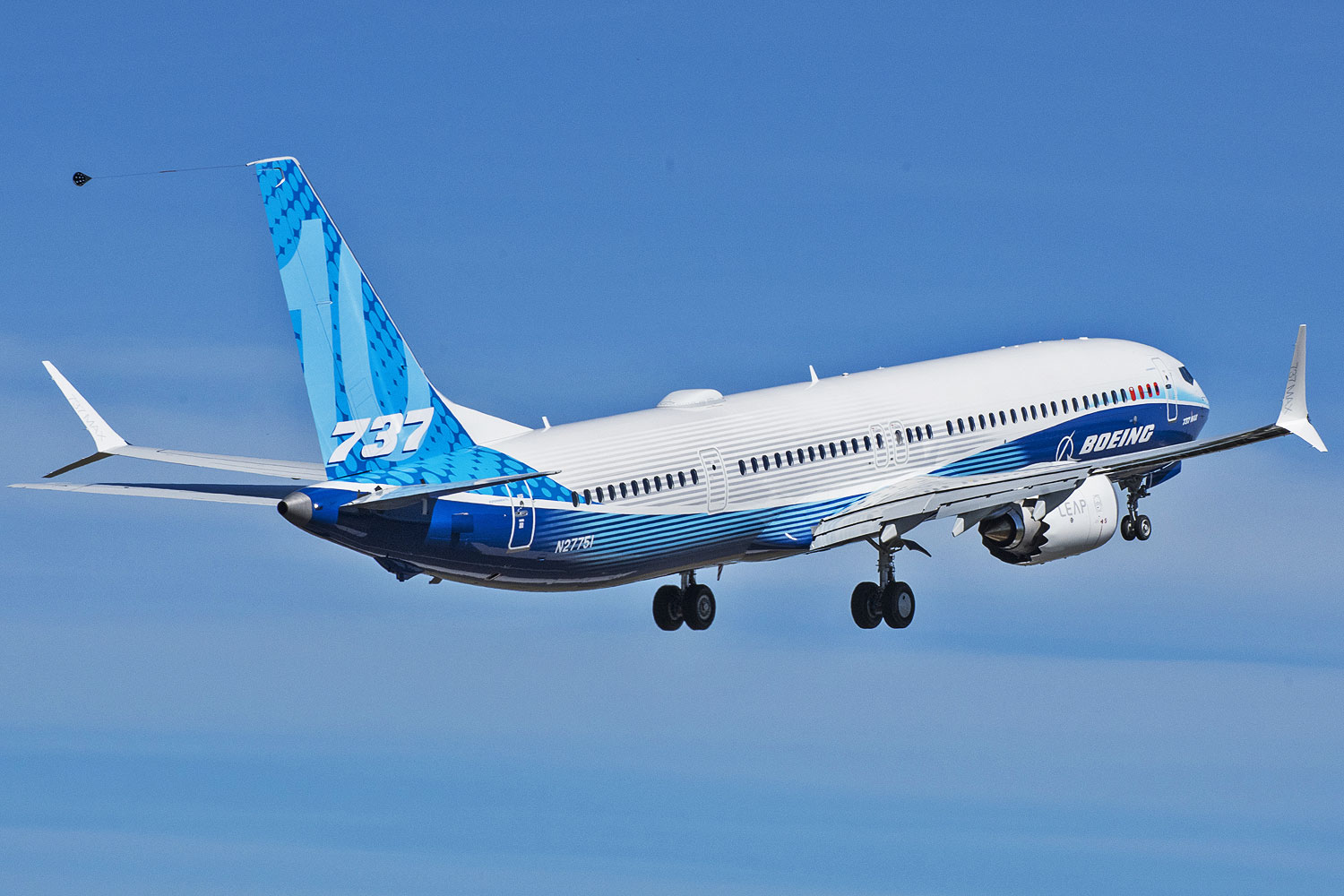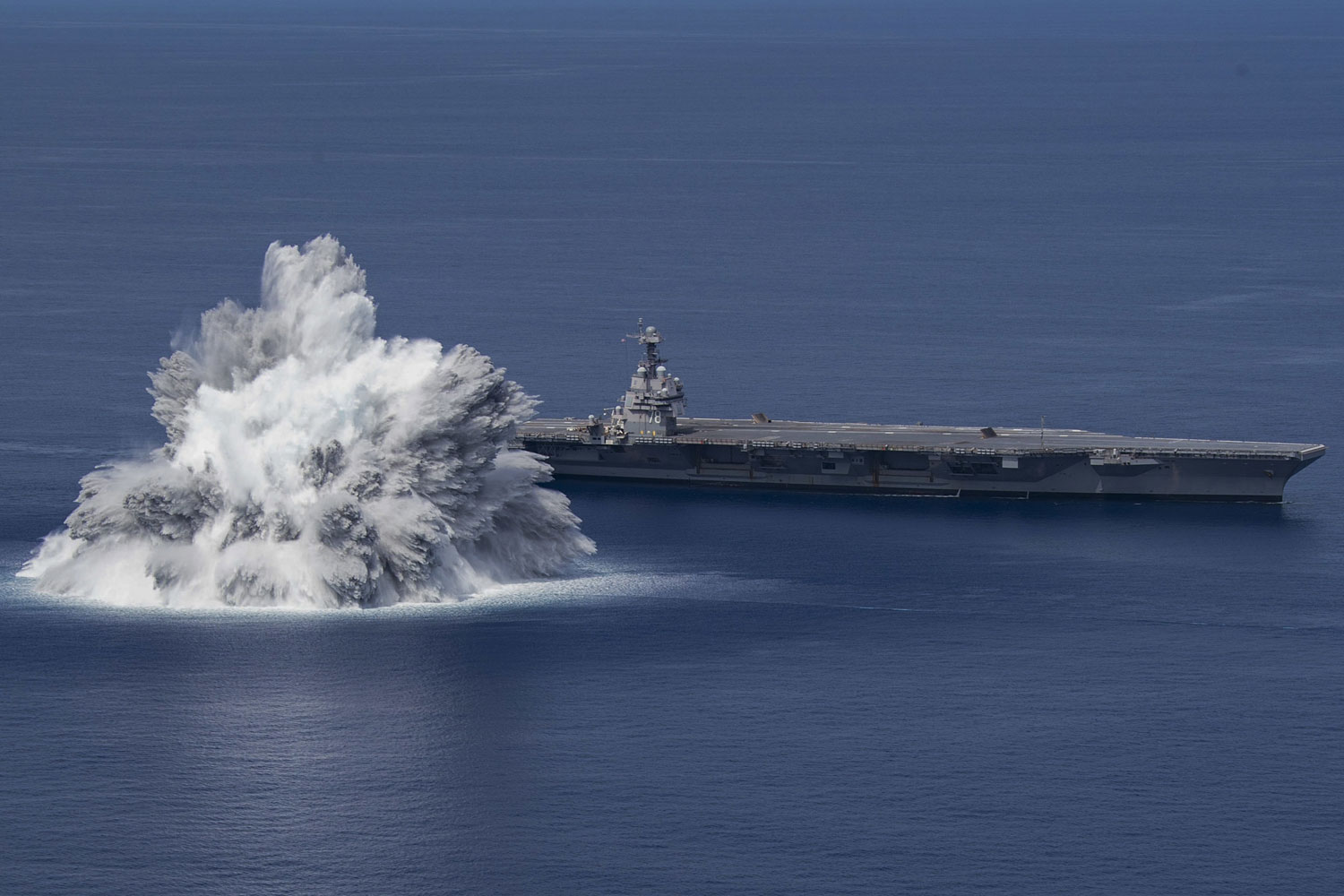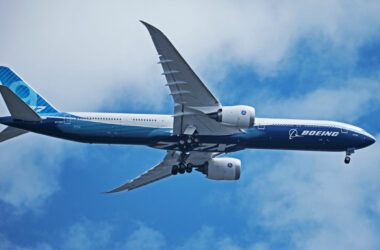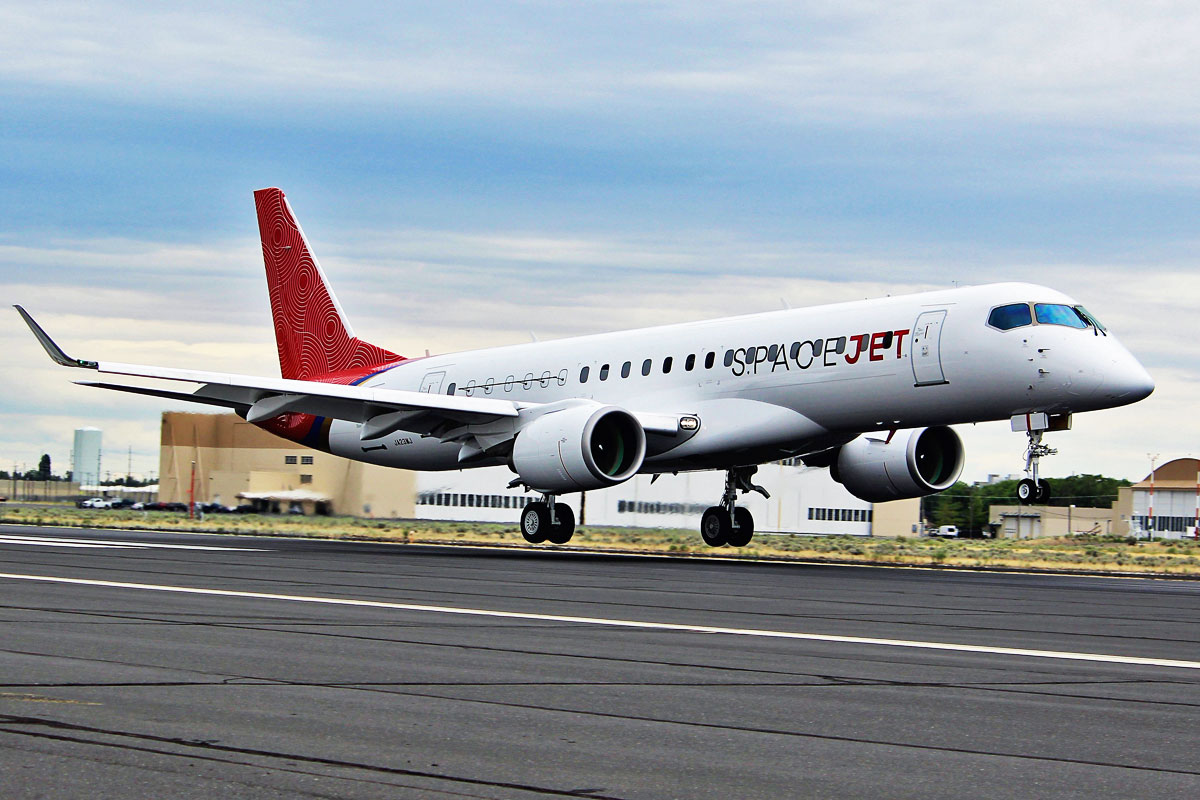About to complete four years since its launch at the Paris Air Show on June 19, 2017, the 737 MAX 10, the largest variant of the commercial jet ever made, took off for the first time from the Boeing plant in Renton.
The aircraft registration N27751, which had been unveiled at a ceremony for employees in November 2019, made a flight of about 2 hour and 30 minutes to Boeing Field in Seattle.
Delayed, the development program for the MAX 10 anticipated the inaugural flight in 2020, but the pandemic and especially the crisis opened by the landing of all aircraft in the series until the end of last year postponed Boeing’s planning.
“The 737-10 is an important part of our customers’ fleet plans, giving them more capacity, greater fuel efficiency and the best per-seat economics of any single-aisle airplane,” said Stan Deal, president and CEO of Boeing Commercial Airplanes. “Our team is committed to delivering an airplane with the highest quality and reliability.”
Boeing 737 Max 10 first flight – Renton, Wash – June 18, 2021 pic.twitter.com/JkOzR0VeUC
— Jon Ostrower (@jonostrower) June 18, 2021
Now, the company expects to introduce the 737 MAX 10 into service in 2023, one year ahead of schedule.
Telescopic landing gear
Boeing decided to launch the 737 MAX 10 after being pressed to offer an aircraft with a capacity closer to the Airbus A321neo. Measuring 43.8 meters in length and a 35.9 m wingspan, the largest 737 can carry 188 to 230 passengers and has a maximum takeoff weight of 92,000 kg.
Reception of the model was positive, with 240 orders already at its launch. However, the suspense about the safe return of the MAX series may have reduced those interested.
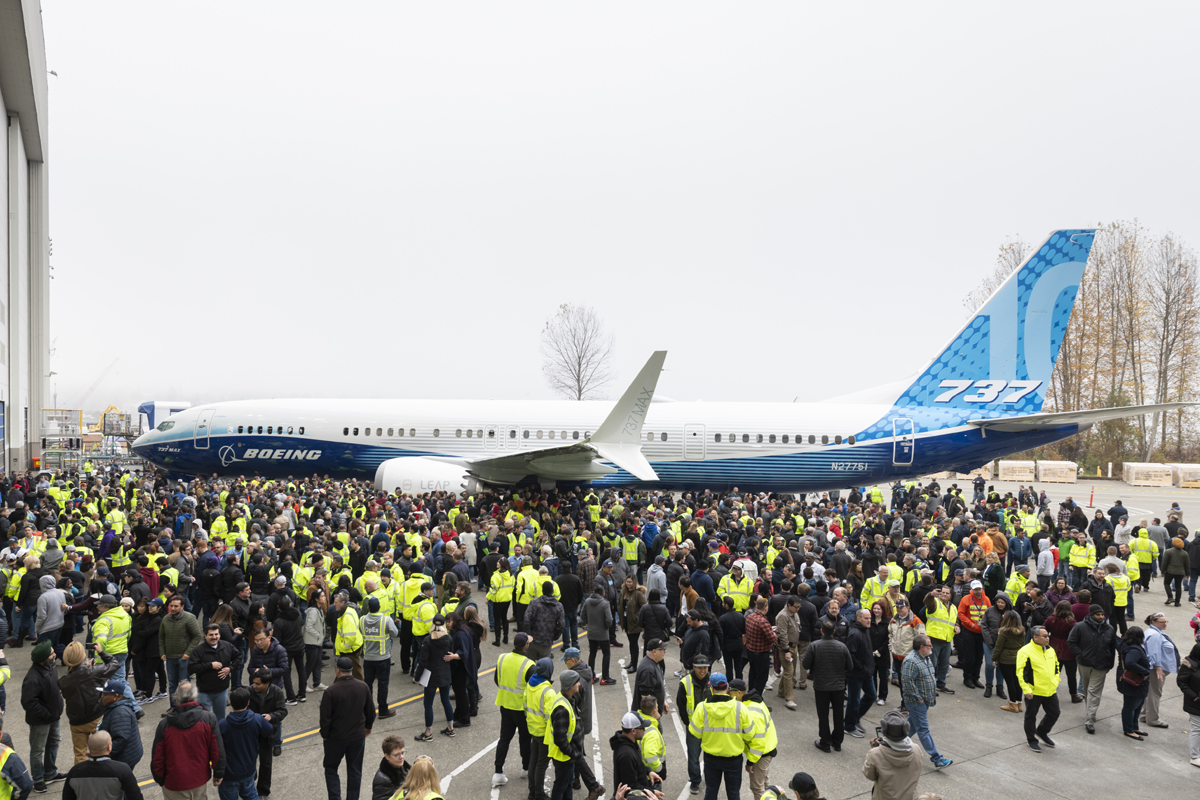
The task of building a 737 of this size was not simple. As it has a small ground height, the jetliner needed an ingenious solution to not touch the rear of the fuselage during takeoff.
Boeing has introduced a retractable landing gear, which maintains its standard height while parked at the gates. When lining up on the runway, however, the 737 MAX 10 grows a few centimeters.
The manufacturer guarantees that the MAX 10 is the most economical single-aisle jet on the market, with 20% less fuel consumption than the previous generation. The certification phase will prove this promise in practice.
